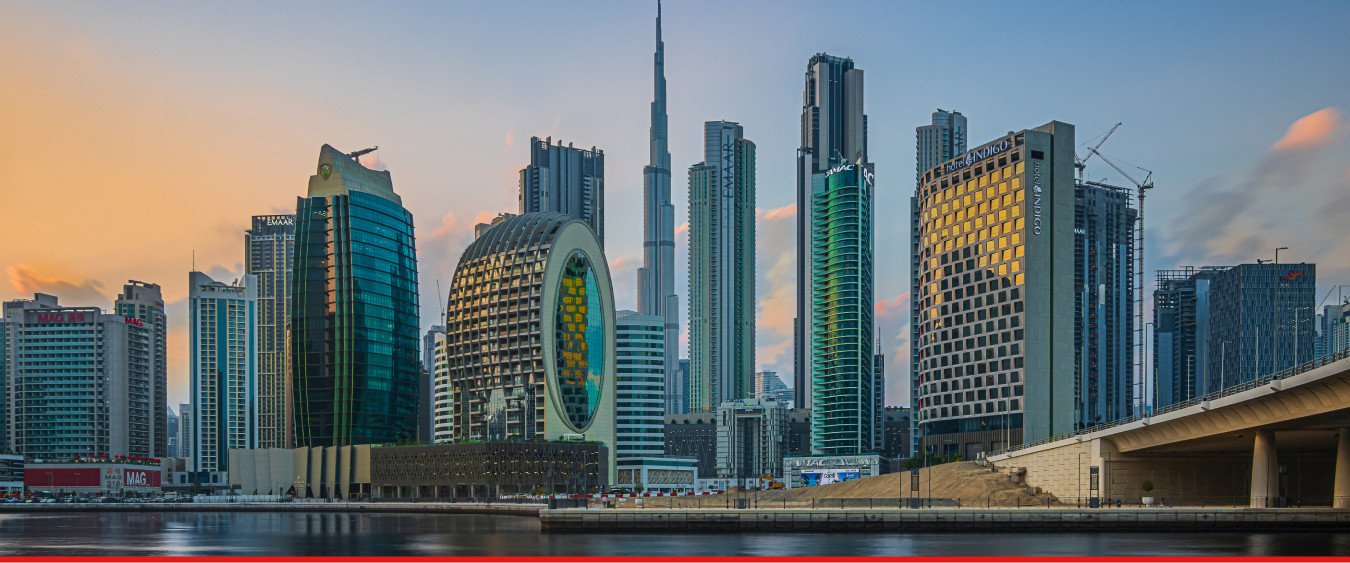Are you interested in obtaining a UAE Residence Visa as part of your relocation? Just like with any move to a new country, it is imperative you ensure your legal status enables you to meet your goals. But beyond having all your ducks in a row legally speaking, the benefits of the UAE residence visa include access to a personal UAE bank account, tax-free status, access to national healthcare and access to the UAE driver’s licence.
The UAE offers applicants an appealing range of visa options to meet different goals and needs. In this post, we detail the types of residence visas you can apply for in the nation and list the requirements you will need to meet. Keep reading.
What are the types of residence visa in the UAE?
The Emirati government has set out a comprehensive residence visa programme for entrepreneurs and investors. These UAE residence visas are valid for either 5 or 10 years and can be renewed when they expire.
We will now provide details about three types of UAE visas: the Green Visa for Work, the Green Visa for Investors and Partners, and the Golden Visa.

UAE Residence Visa: Green Visa for Work
The Green Visa for Work is a residence visa for the UAE that allows the holder to sponsor themselves for 5 years. This means that there is no need for a UAE national or employer to act as a sponsor.
The Green Visa for Work is intended for freelancers, self-employed and skilled employees. The specific requirements for this visa depend on which category of worker the applicant falls under, but includes permits, bachelor’s degrees and a minimum salary.
UAE Residence Visa: Green Visa for Investors and Partners
Replacing the former UAE 2-year residence visa, the Green Visa for Investors and Partners is a UAE 5-year residence visa. This UAE residence visa is for investors incorporating a company in the nation or participating in commercial activities. No sponsor is required.
Requirements to obtain this particular visa include the approval of the ICP on the investment, proof of the investment and approval of the competent local authorities.
The Golden Visa: up to 10-year long residence visa
The Golden Visa is a scheme for applicants seeking long-term residency. Available for either 5 or 10-years, the Golden Visa gives holders the benefit of not needing a sponsor in addition to the following advantages:
- Possibility to exit the UAE for longer than 6 months
- Opportunity to sponsor spouses, children and domestic helpers
- Permission for family members to remain in the UAE until the end of the permit duration should the primary visa holder pass away.
Requirements for obtaining a residence visa in the UAE
As you may imagine, each type of residence visa in the UAE comes with its specific set of application criteria. That said, there are a number of general provisions for obtaining your visa in the UAE that are worth being aware of:
The required documents are as follows:
- A recent passport photo
- Copy of passport
- Emirates ID application receipt
- Lease contract or proof of residence
- Entry permit
- Birth certificate (of dependents)
- Medical insurance or health card
As part of the application process, applicants aged 18 and above must undergo a medical test to prove they are medically fit and pass a security check.
Are you ready to get your UAE residence visa?
The Residency and Relocation Team at Europe Emirates Group are on hand to help you with your UAE residence visa requirements. Whether you’re looking to obtain residency via company formation or simply need to renew your existing visa, our team of experts will take care of the paperwork for you efficiently within a 7-day period.
For our VIP clients, we offer our Premium Managed Federal Authority Residency Visa Service, which is crafted to embody the pinnacle of luxury and sophistication, including an exclusive chauffeur service, customised care and dedicated client experience.
Get in touch today and we will be delighted to assist you with your specific needs.





